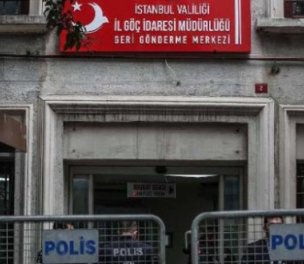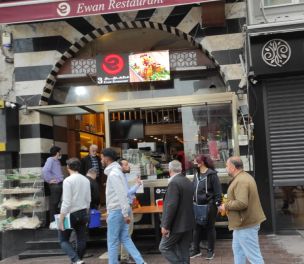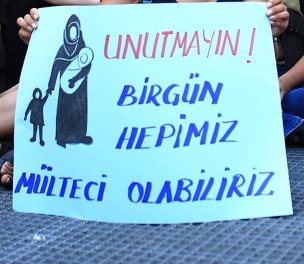Photo: AA
Republican People's Party (CHP) Deputy Gürsel Tekin announced the results of a study about the migration map of İstanbul.
The map, which was prepared with the collaboration of local governments, mukhtars (neighborhood heads) and public officials, indicates that the number of refugees in İstanbul may be much higher than official figures.
Last week, the İstanbul Governor's Office published a written statement containing data on foreigners legally residing in the city.
Accordingly, 1.3 million foreigners are legally residing in İstanbul, some 542,000 of which are citizens of Syria under temporary protection, and 763,000 of them are regular immigrants who have been legally authorized to enter and have residence permits.
However, according to the study cited by CHP Deputy Tekin, at least two million foreigners live in İstanbul.
"More than two million people with temporary protection status, residence permits or with no papers are living in 39 districts of İstanbul today. There are 250 thousand foreigners in Esenyurt district alone. They've come from all over the world. Besides Syria, there are people from all over the world, from Afghanistan, Pakistan, Iraq, Uganda, Nigeria, Congo, Libya," he said.
The CHP deputy added that 97 percent of asylum seekers and migrants work informally and have been treated like "slaves" by the employers.
CLICK - Almost all employed Syrians in Turkey work informally
According to the findings of the research, while citizens of Irani, Iraq and Russia mostly live in Kadıköy, Mongolians and refugees from African countries live in Şişli district of İstanbul.
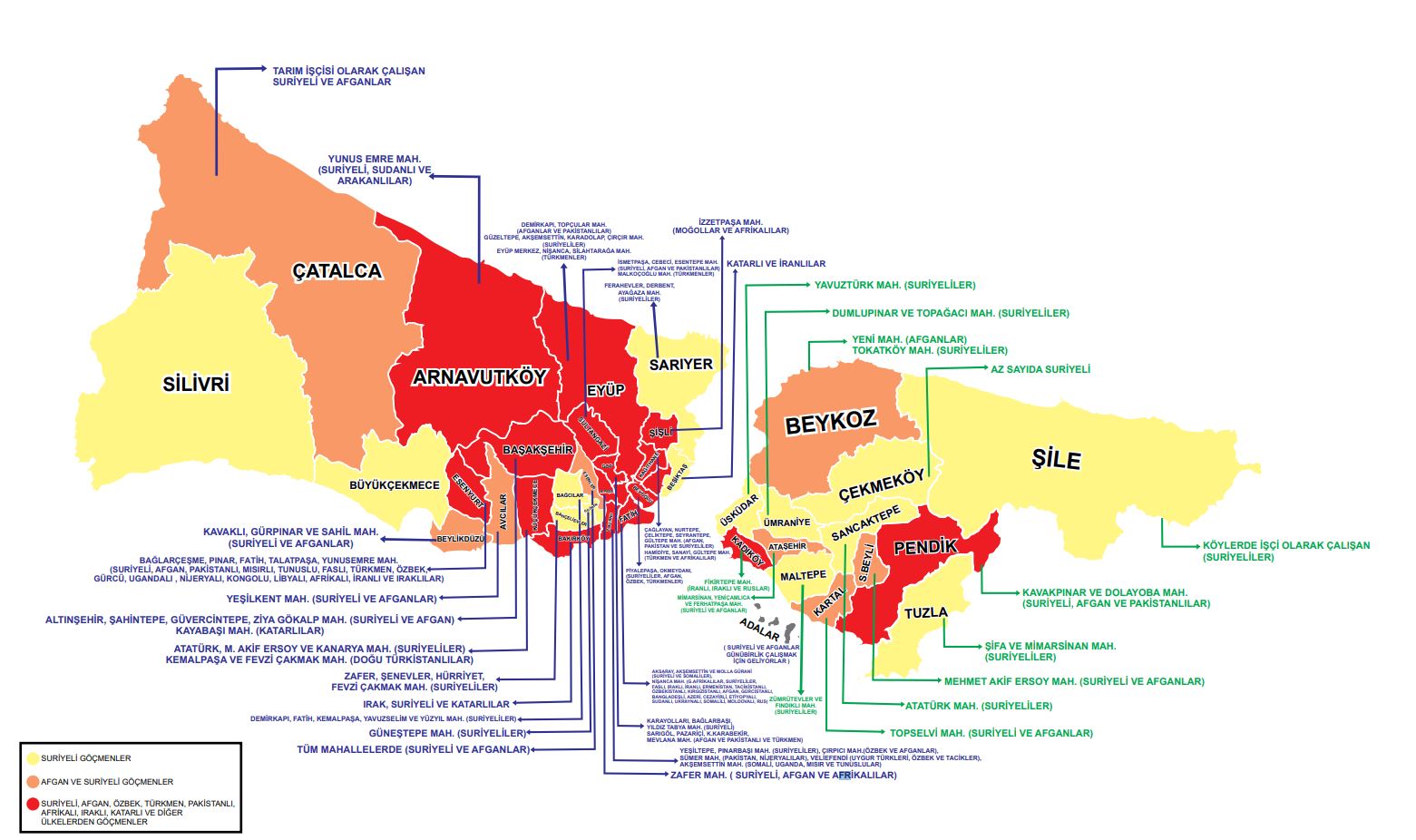 (Yellow: Refugees from Syria- Light pink: Refugees from Syria and Afghanistan- Red: Refugees from Syria, Afghanistan, Uzbekistan, Turkmenistan, Pakistan, Africa, Iraq, Qatar and other countries)
(Yellow: Refugees from Syria- Light pink: Refugees from Syria and Afghanistan- Red: Refugees from Syria, Afghanistan, Uzbekistan, Turkmenistan, Pakistan, Africa, Iraq, Qatar and other countries)
People from Afghanistan, Pakistan, Syria and Turkmenistan live mostly in Eyüp; whereas Syrians, Sudanese and Rohingyas in Arnavutköy; Syrians, Afghans and Pakistanis and refugees from Egypt, Tunisia, Morocco, Uganda, Nigeria, Congo mostly live in the Esenyurt district of the city, the research reveals.
"This population also affects the housing market," Tekin said. "The housing prices have increased in every district of İstanbul and this is due to the policies of the government. You can not blame the refugees for that, instead of racist approaches, we need to find a solution that would convince people to return to their countries "
(TB/VK)




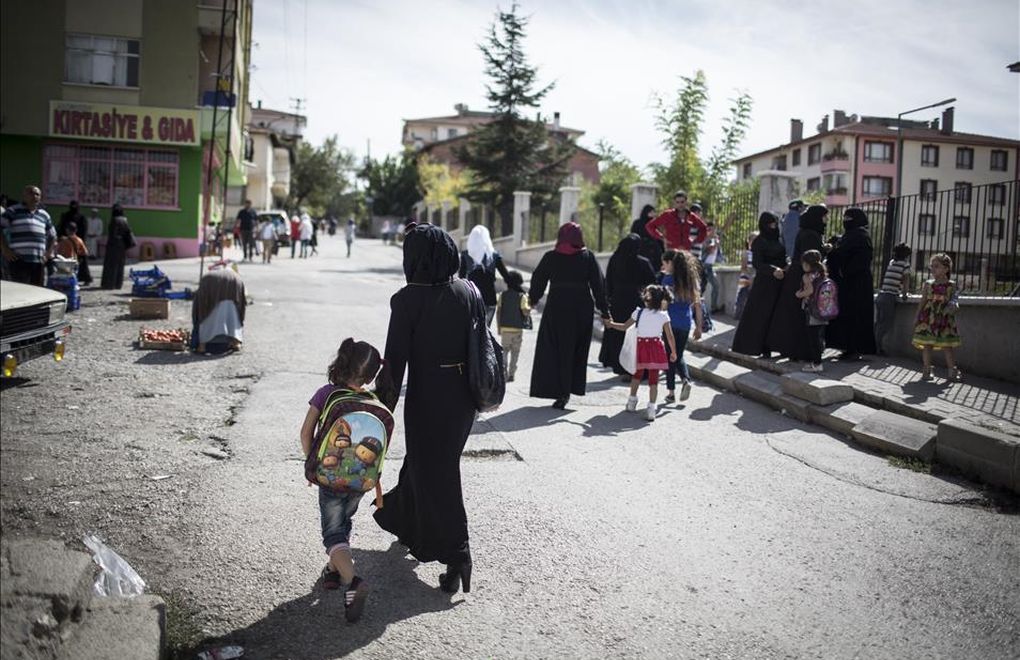
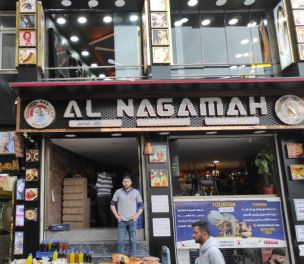
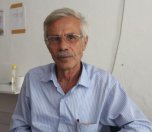
.jpg)
